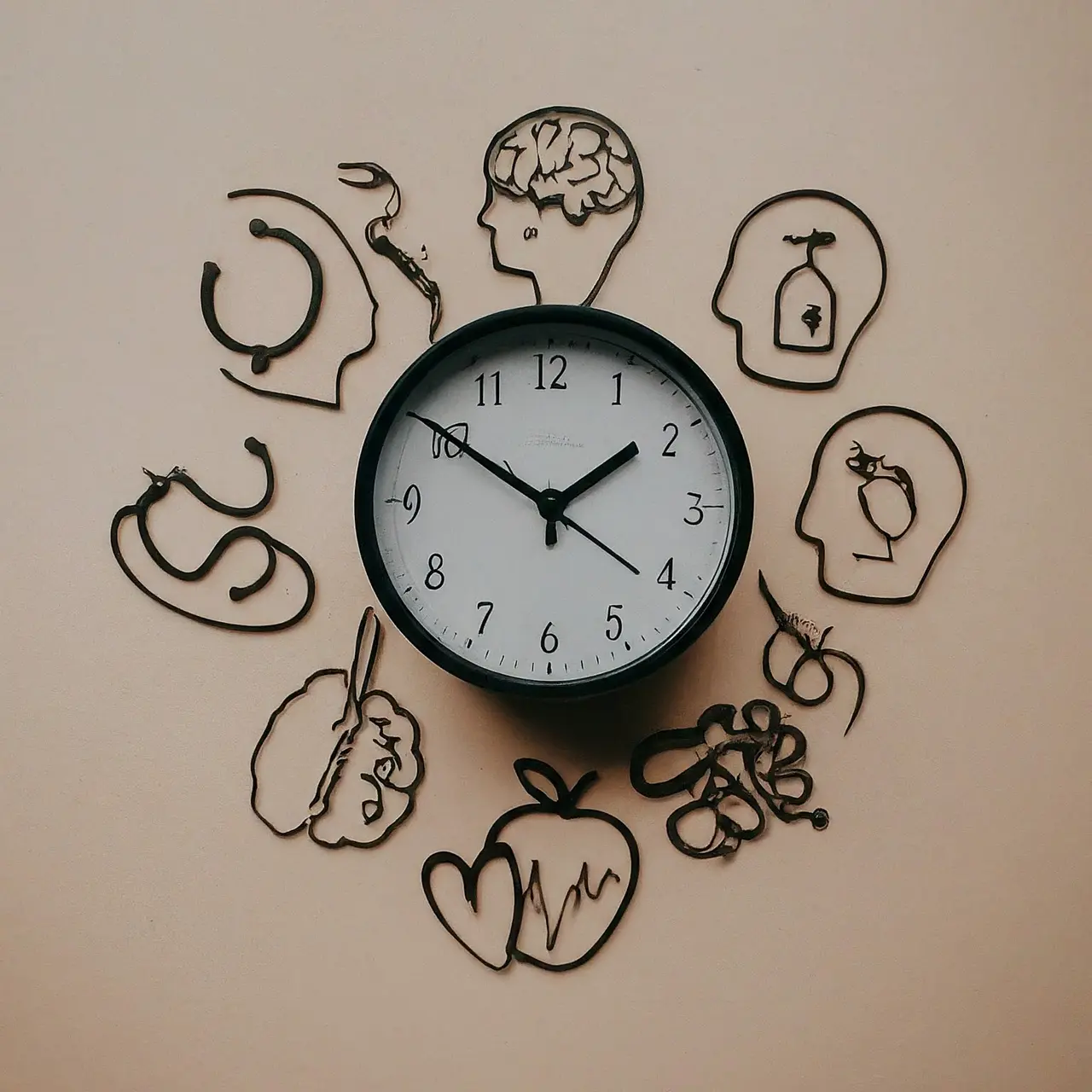Navigating the journey of psychiatric recovery can be as perplexing as it is personal. Understanding its timeline is the first step towards embracing the path to wellness.
Understanding Psychiatric Recovery
Psychiatric recovery is a deeply individual process, characterized not just by the alleviation of symptoms, but by achieving a holistic sense of wellness. It’s about empowerment, understanding one’s conditions, and developing strategies to live a fulfilling life despite challenges.
The concept transcends the idea of ‘cure’ and instead focuses on managing symptoms and recovering quality of life. Each individual’s path is shaped by personal history, specific conditions, resilience, and the support systems in place.
Factors Affecting Psychiatric Recovery Time
Several critical factors influence the duration of psychiatric recovery. These include the nature and severity of the mental health condition, individual resilience and coping mechanisms, the effectiveness of the treatment plan, and the strength of the patient’s support network.
Personal commitment to recovery, access to quality mental health services, and the presence of comorbid conditions can also significantly impact recovery time.
Environmental factors, such as a stable living situation and supportive relationships, are paramount in providing the necessary foundation for recovery.
Typical Duration of Psychiatric Recovery
Assigning a typical duration to psychiatric recovery is challenging due to its subjective nature. Some individuals might see significant improvements within weeks or months of starting treatment, while others might navigate their recovery journey over several years.
The type of psychiatric disorder and its complexity also play crucial roles in determining the recovery timeline. For instance, response times to treatment can vary dramatically between conditions like depression and schizophrenia.
Personalizing Your Psychiatric Recovery Plan
Creating a personalized recovery plan is fundamental. This involves working closely with healthcare professionals to tailor treatment methods, whether through medication, therapy, lifestyle changes, or ideally, a combination of these.
Setting realistic goals and celebrating small achievements can foster a sense of progress and motivation.
Support Systems in Psychiatric Recovery
A robust support system is invaluable in psychiatric recovery. Support can come from family, friends, healthcare teams, and peer support groups, offering encouragement, understanding, and practical help throughout the recovery process.
Engagement with community resources can provide additional layers of support, helping individuals navigate the complexities of their recovery journey.
Managing Expectations During Recovery
Managing one’s expectations during psychiatric recovery is essential. Recovery often involves ups and downs, and setting unrealistic goals can lead to feelings of discouragement. Understanding that recovery is a gradual process helps in maintaining a hopeful yet realistic outlook.
Resources and Tools for Psychiatric Recovery
Several resources can aid psychiatric recovery, including mental health hotlines, counseling services, support groups, and wellness apps. These tools can offer guidance, support, and valuable information to assist individuals on their recovery path.
Educational materials about specific psychiatric conditions and recovery strategies can also empower individuals, providing them with the knowledge to actively participate in their treatment planning and execution.
Embracing Your Recovery Timeline
Recovery in psychiatry doesn’t subscribe to a one-size-fits-all timetable. Your journey is uniquely yours, influenced by various factors detailed throughout this discussion. Embrace the process, seek support, and remember, psychiatric recovery is not just about reaching a destination; it’s about the progress made every day.


